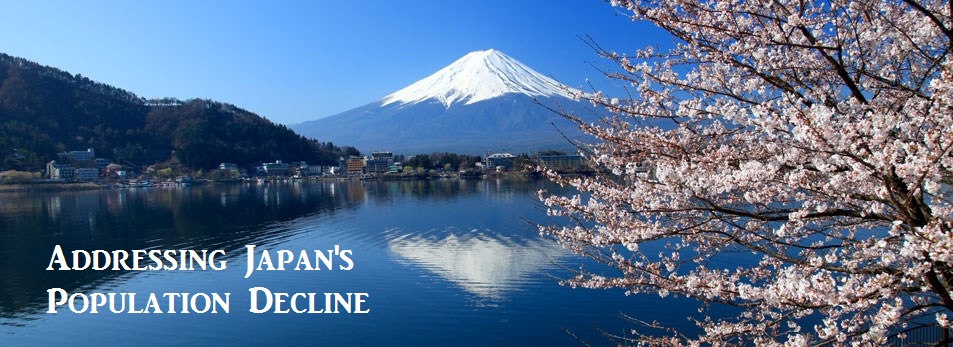In a book review concerning Japanese Consumerism and it’s evolution in relation to cultural shifts and societal norms, Inge Daniels highlights the main ideals posed by 5 publications regarding material culture. While Japan has experienced high prosperities in its economy, the consumerism of its people never shifted towards the Western idea of consumerism. Although people possessed the money, there was not a need for purchasing in excess in a “the more, the better” mindset. In the papers, “Women, Media, and Consumption in Japan”, Skov and Moeran discuss the causes and effects of women in the consumer market. Arguably, Japan is a very homogenous nation, and societal norms are adopted as a sense of harmony. This often pushes a strong emphasis on women having traditional roles as mothers and caretakers, which is evident in various forms of marketing. However, as women are beginning to earn higher incomes, the Westernized consumerism has started to make more of an appearance. Researchers suggest that women who are consuming in order to achieve a youthful and “cute” look, are actually consuming in rebellion to traditional roles enforced by the male dominated society. This has been catered to in marketing, but a separate conversation revolving around weddings is seen to disagree. While these women are indulging in more of a Western lifestyle, their weddings are still capturing the Japanese tradition. Daniels refer to the work of Goldstein-Gidoni to conclude that Westernization hasn’t reached the wedding scene based on individual desires.
JAPANESE MATERIAL CULTURE AND CONSUMERISM A Review of Recent Work ◆ INGE M. DANIELS Department of Anthropology, University College London
